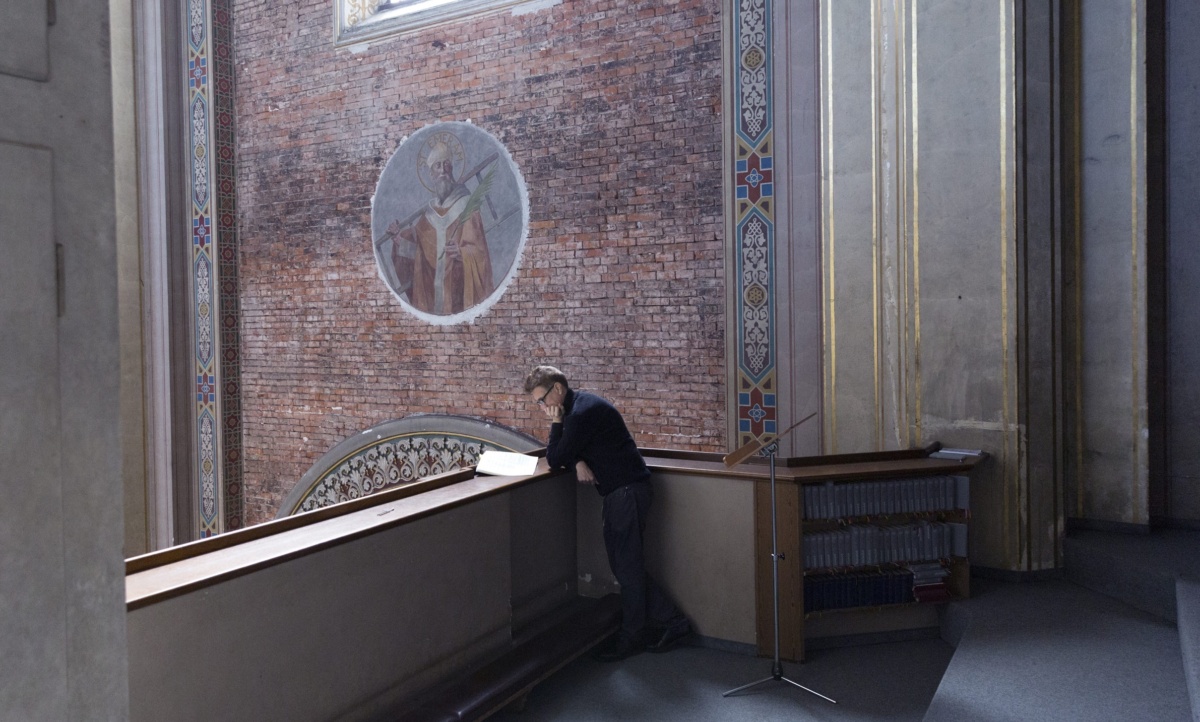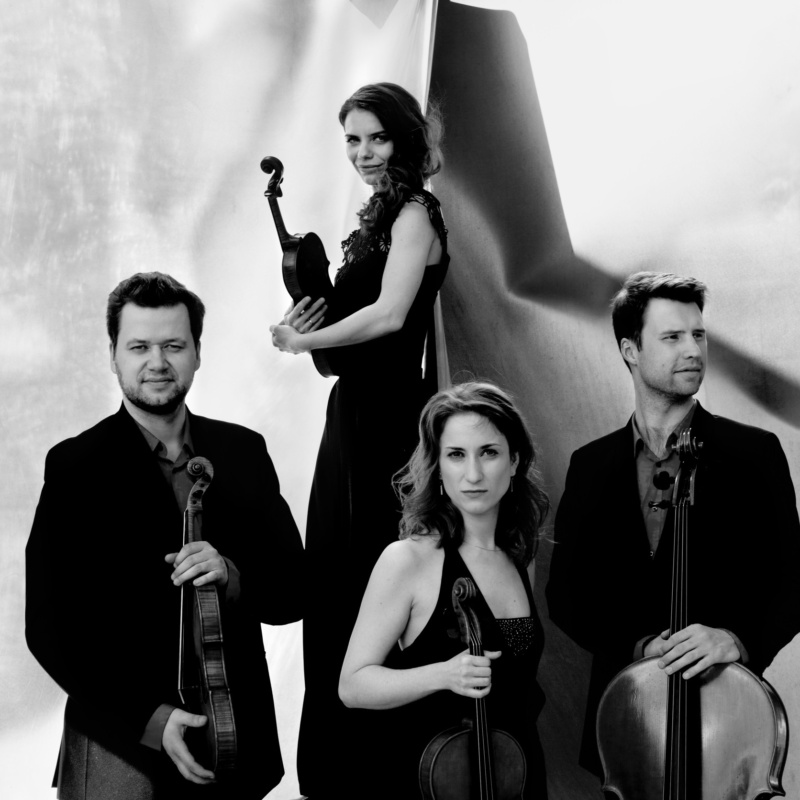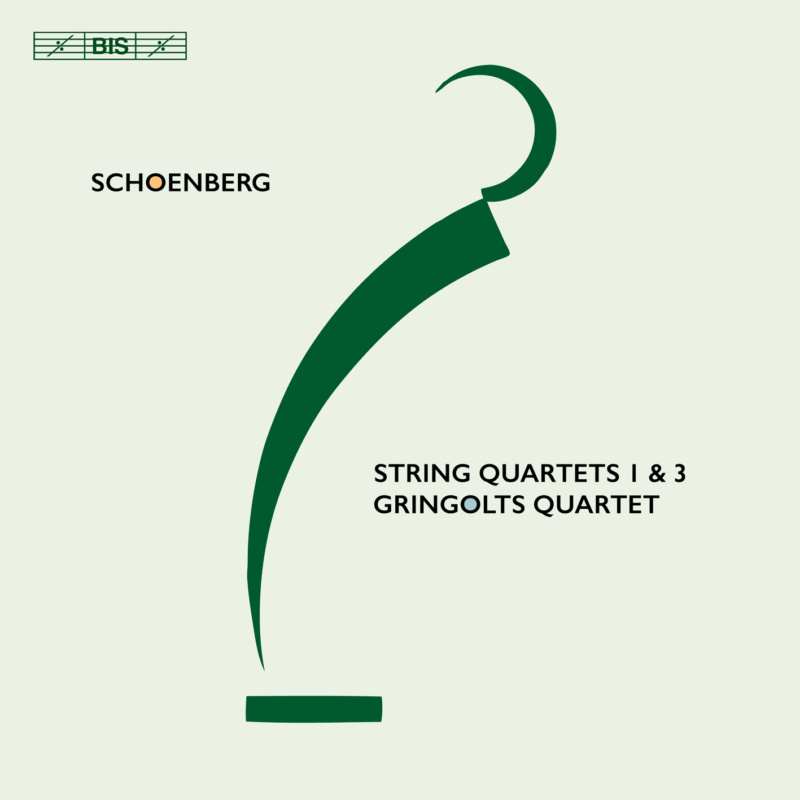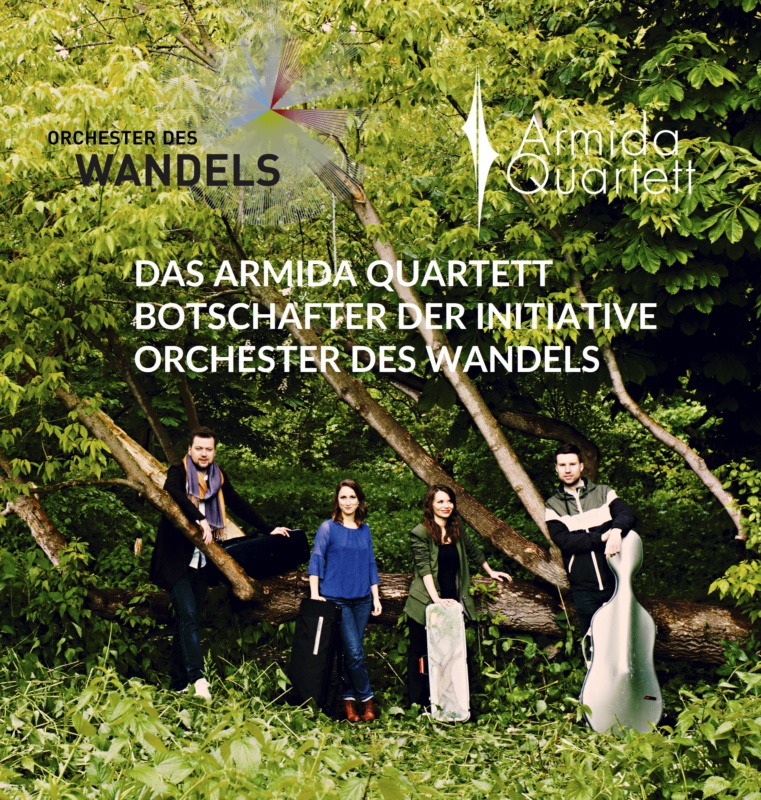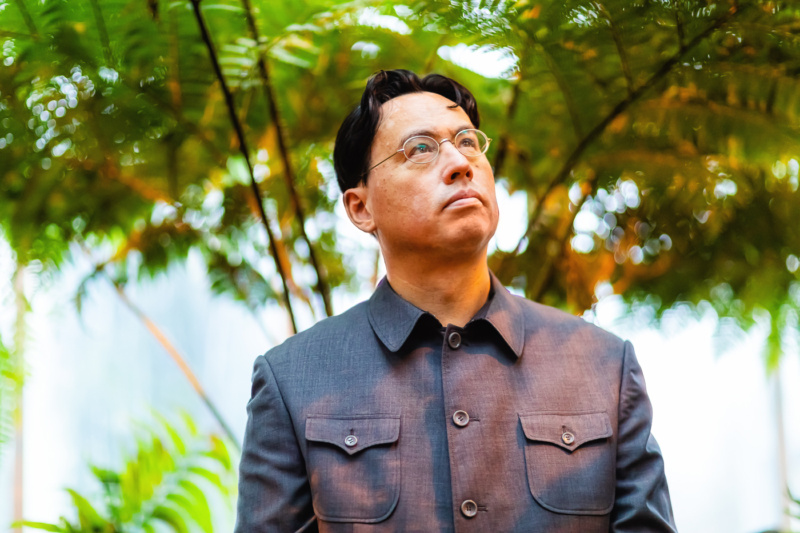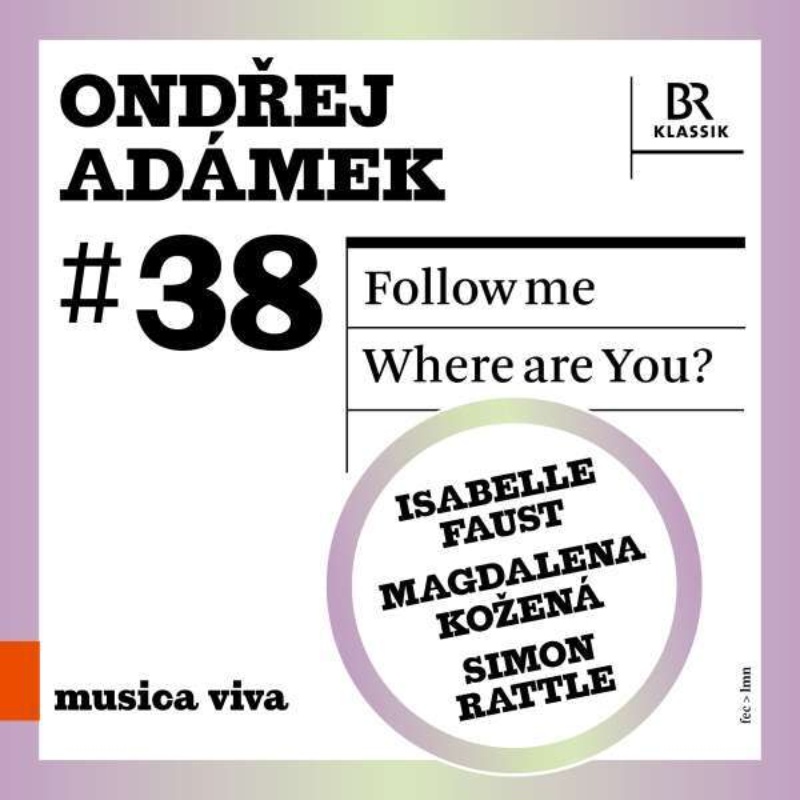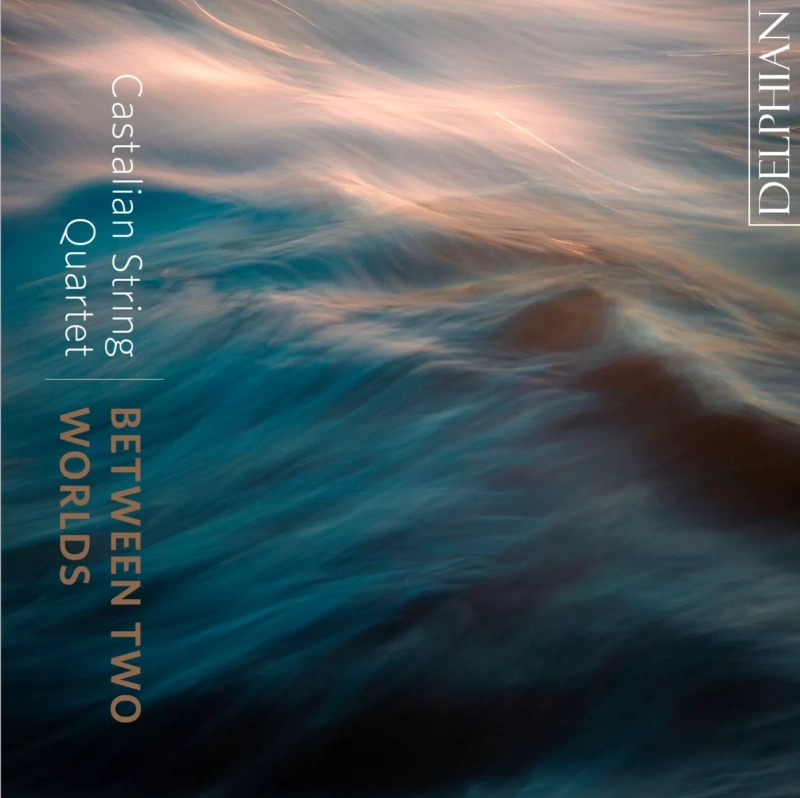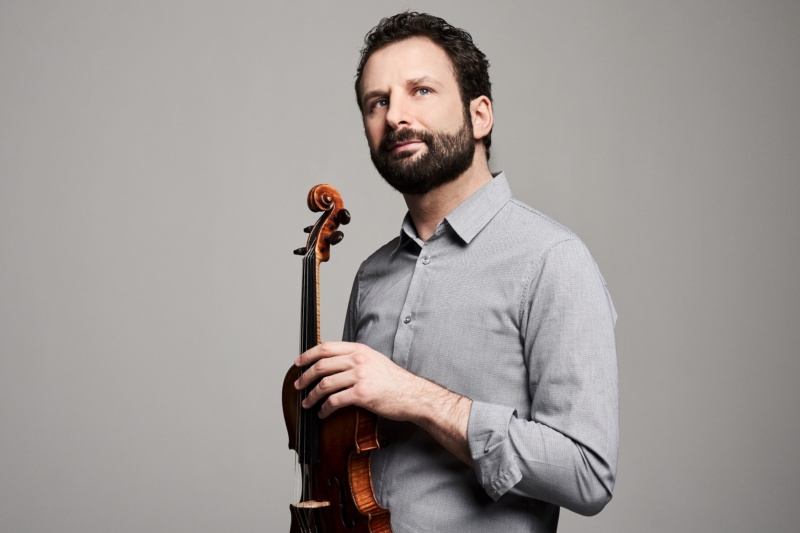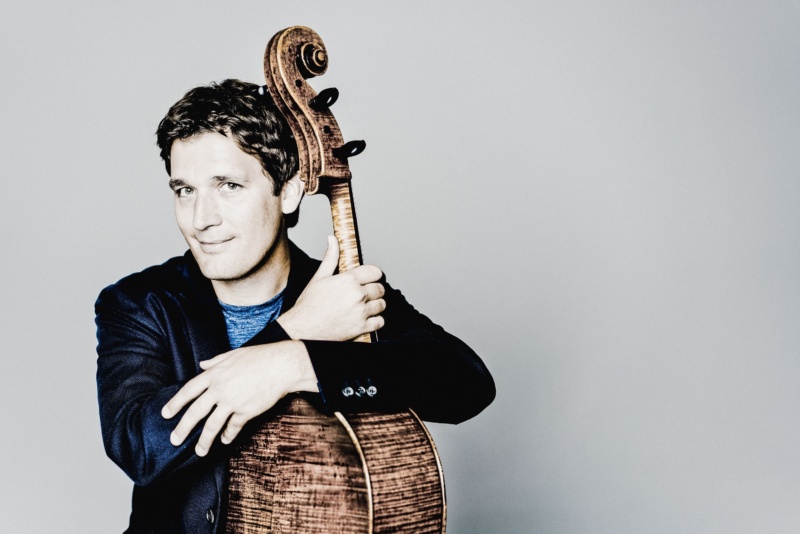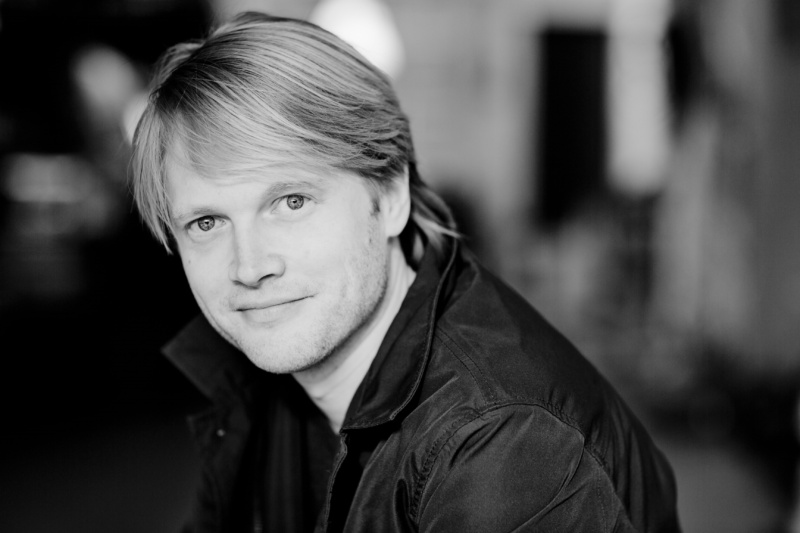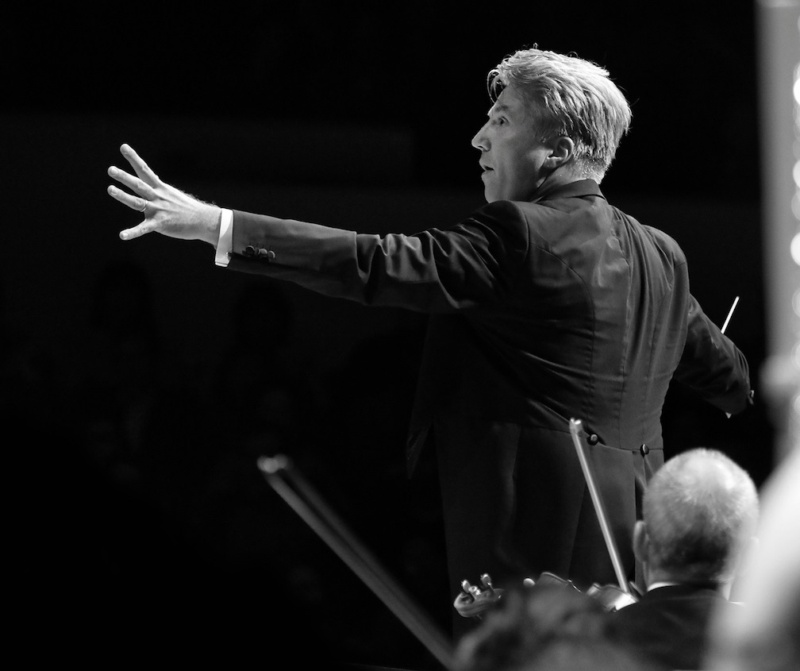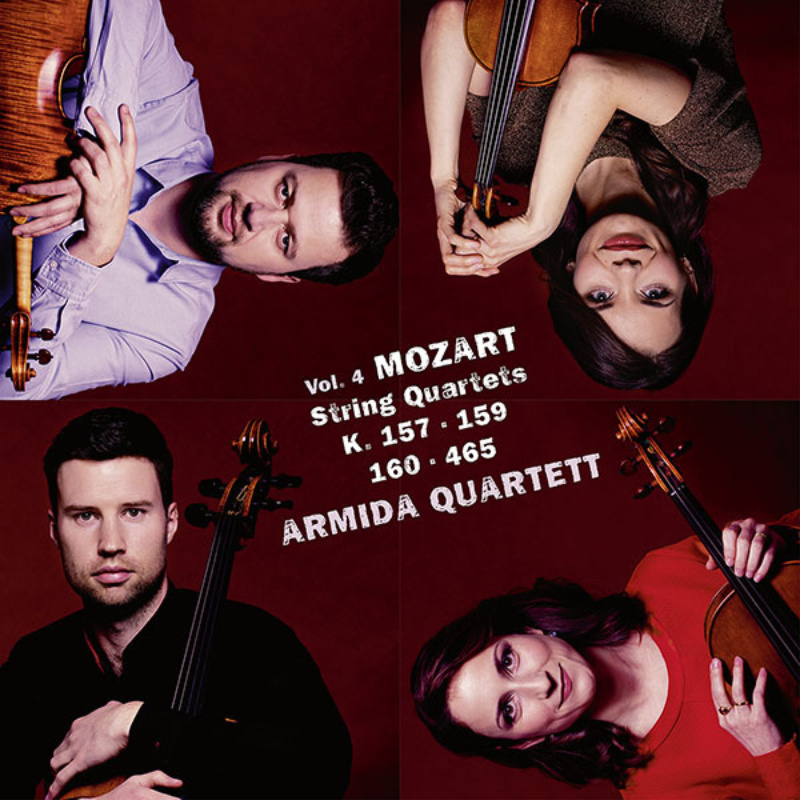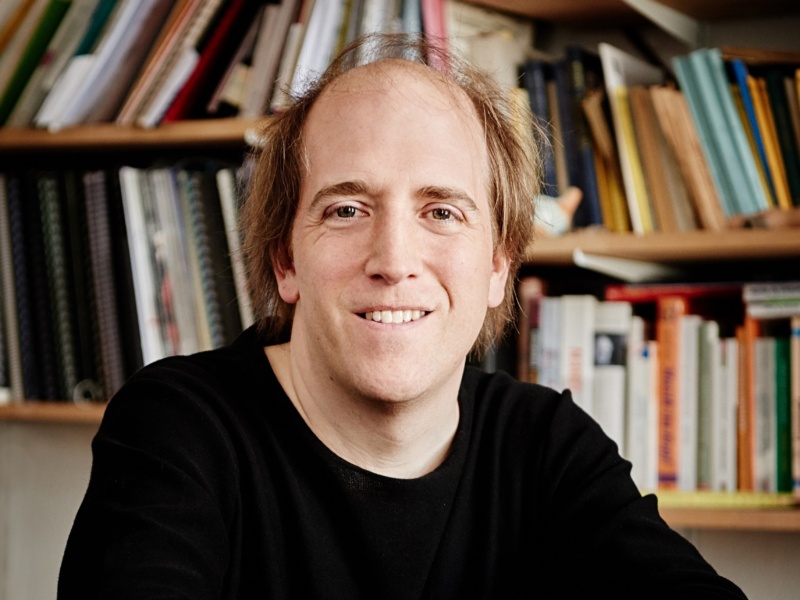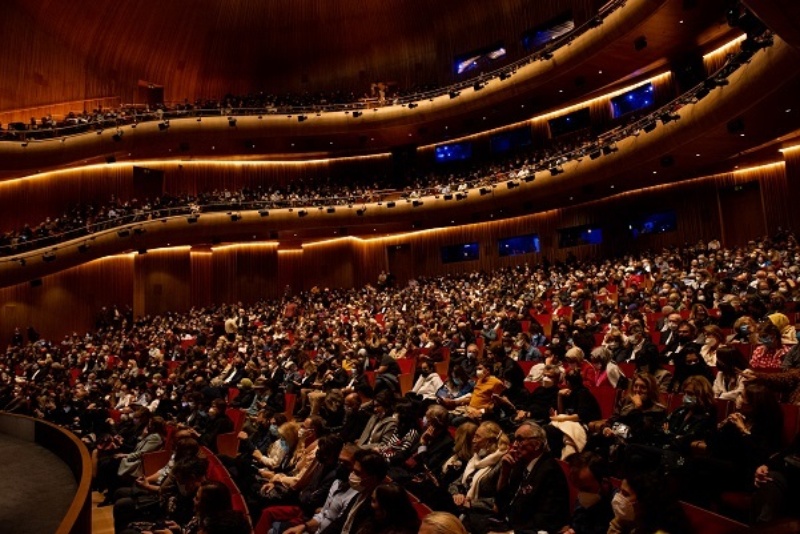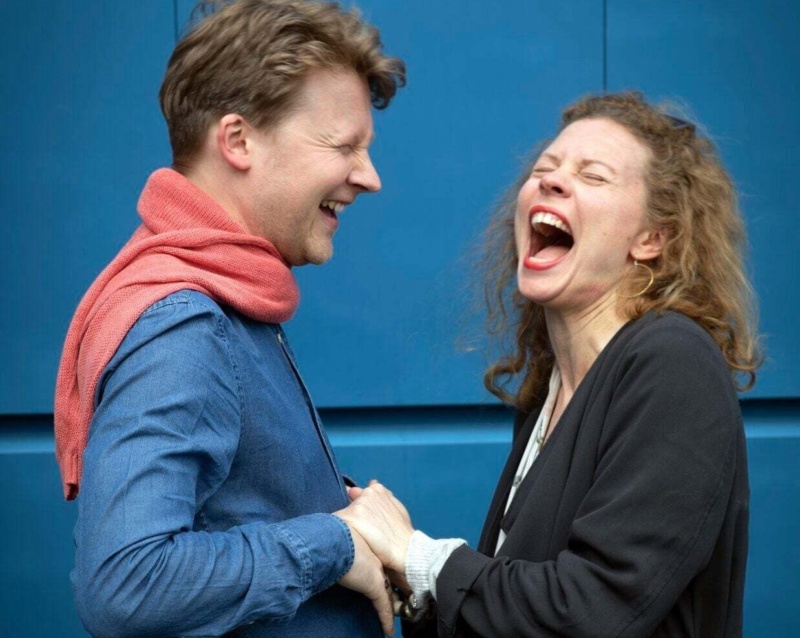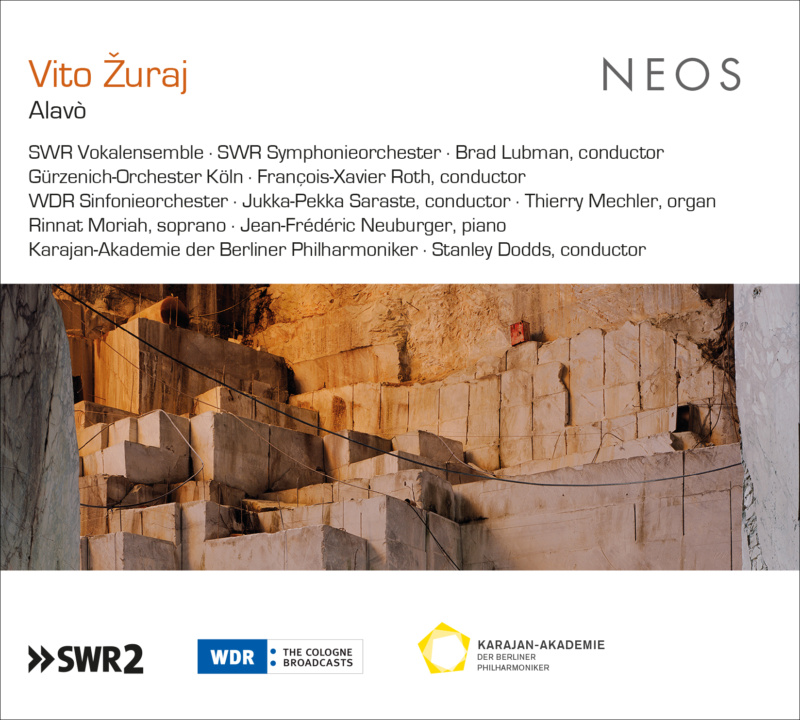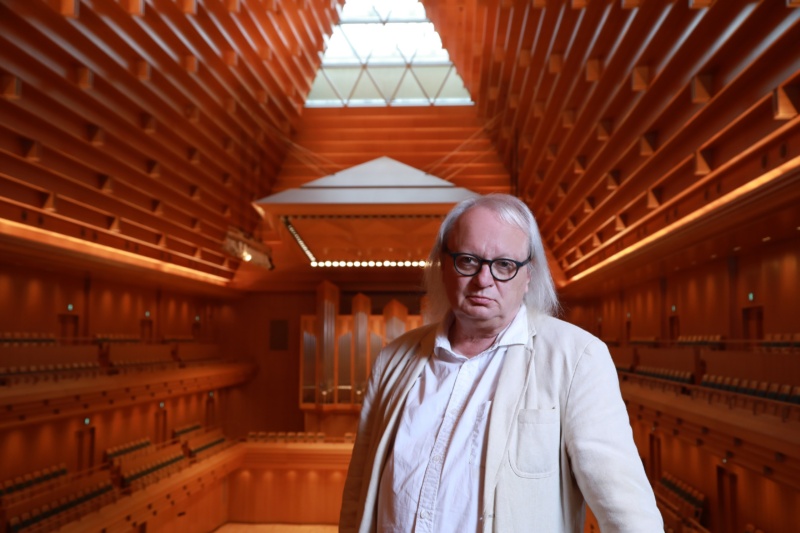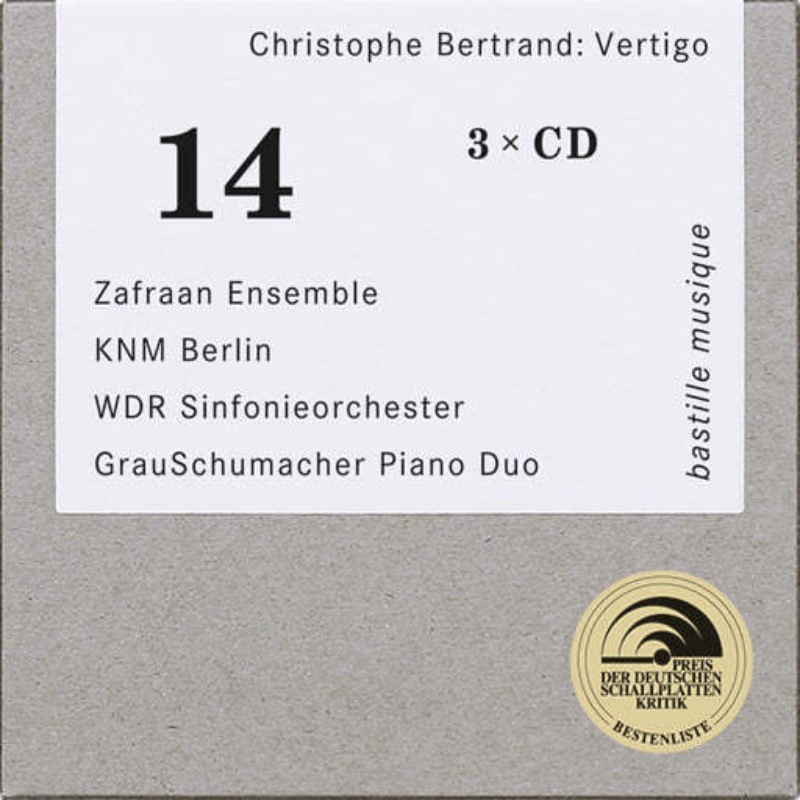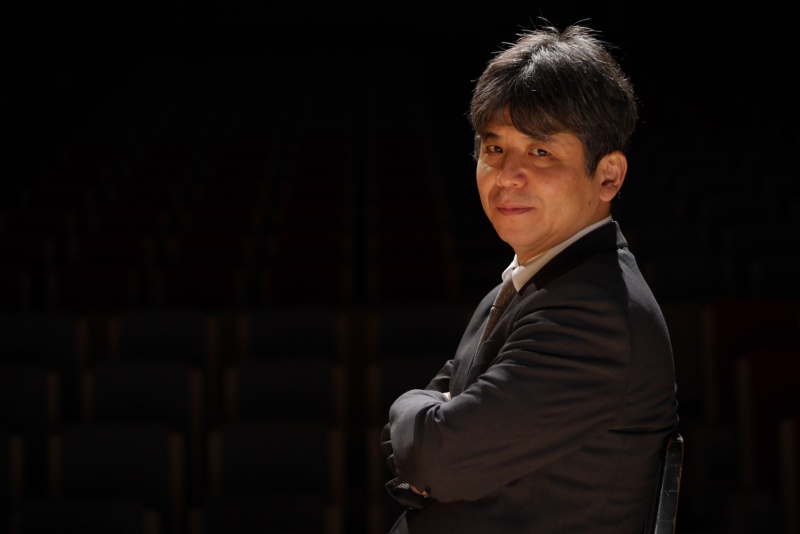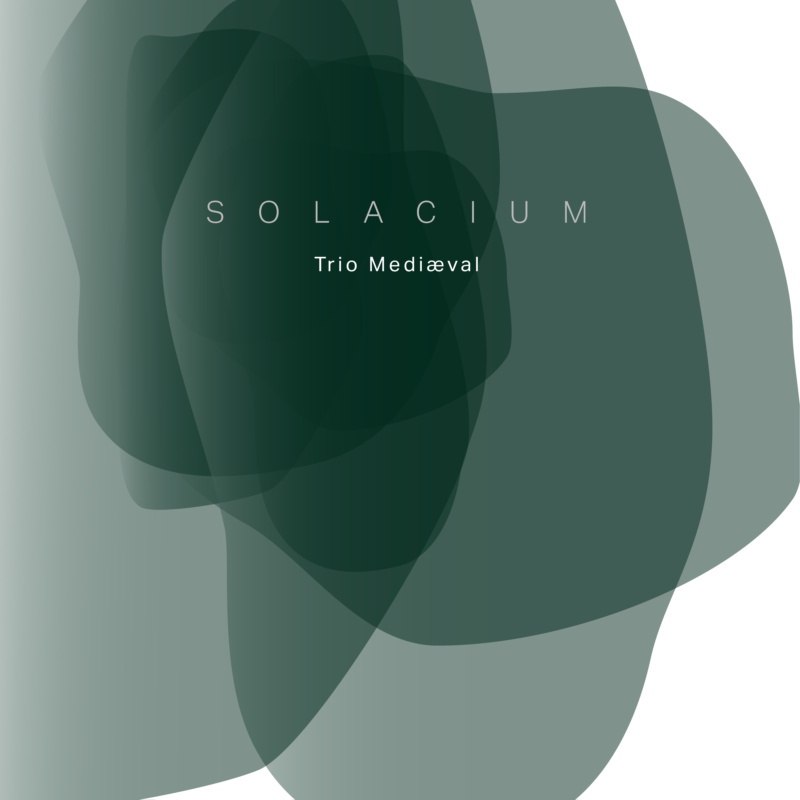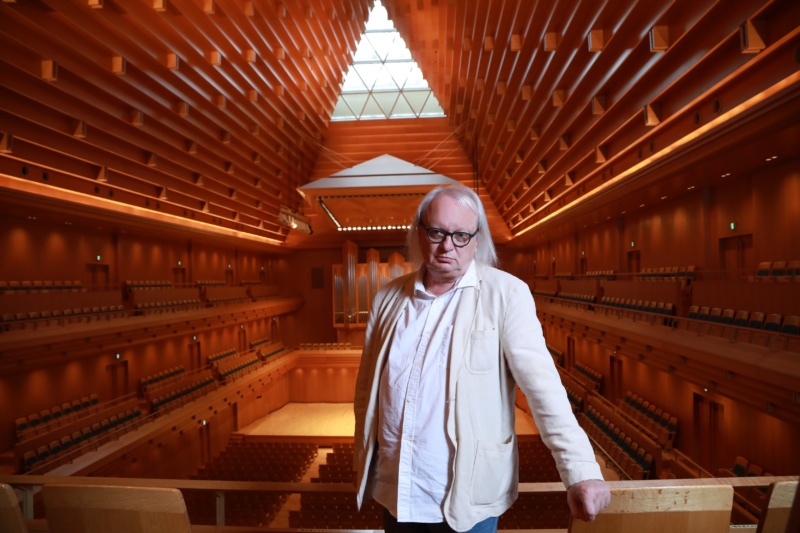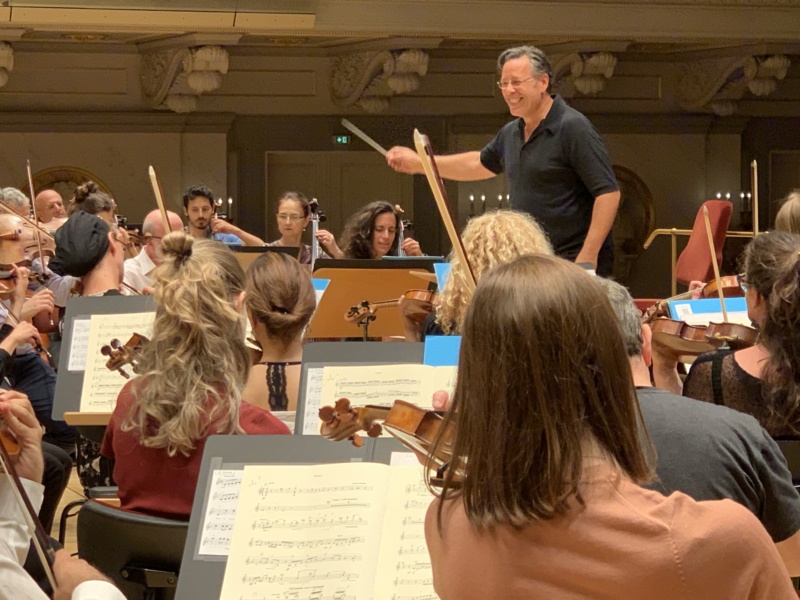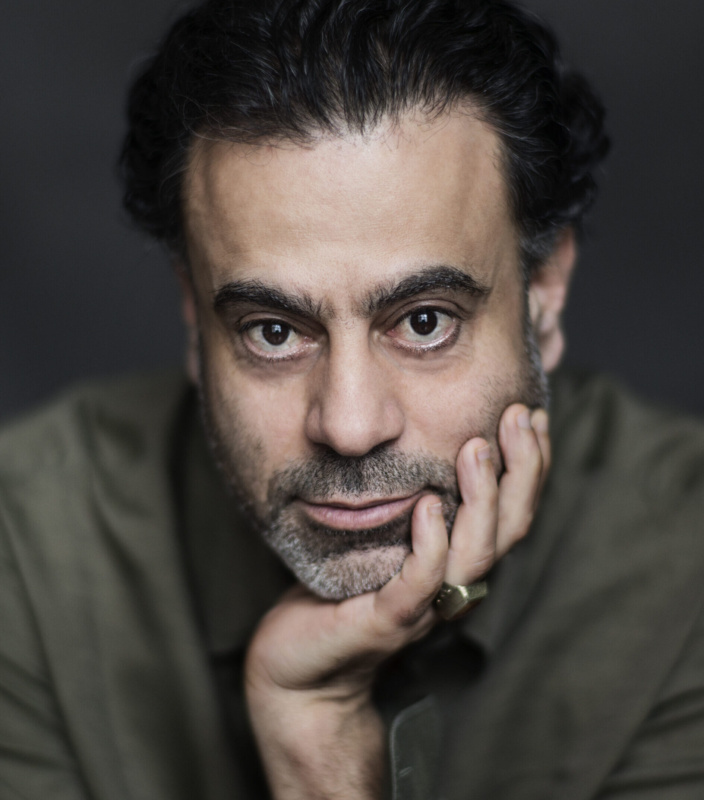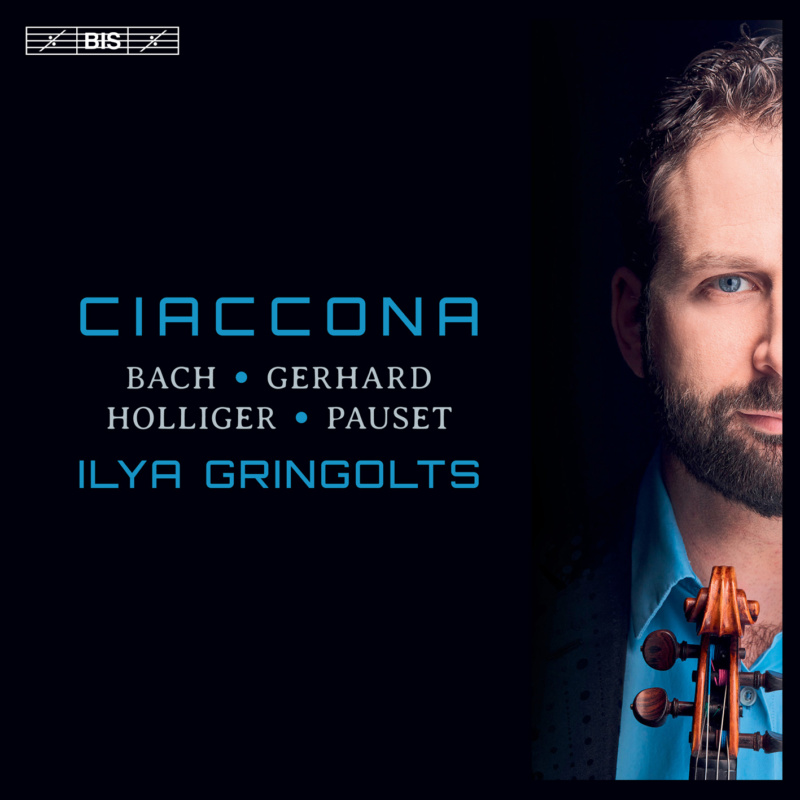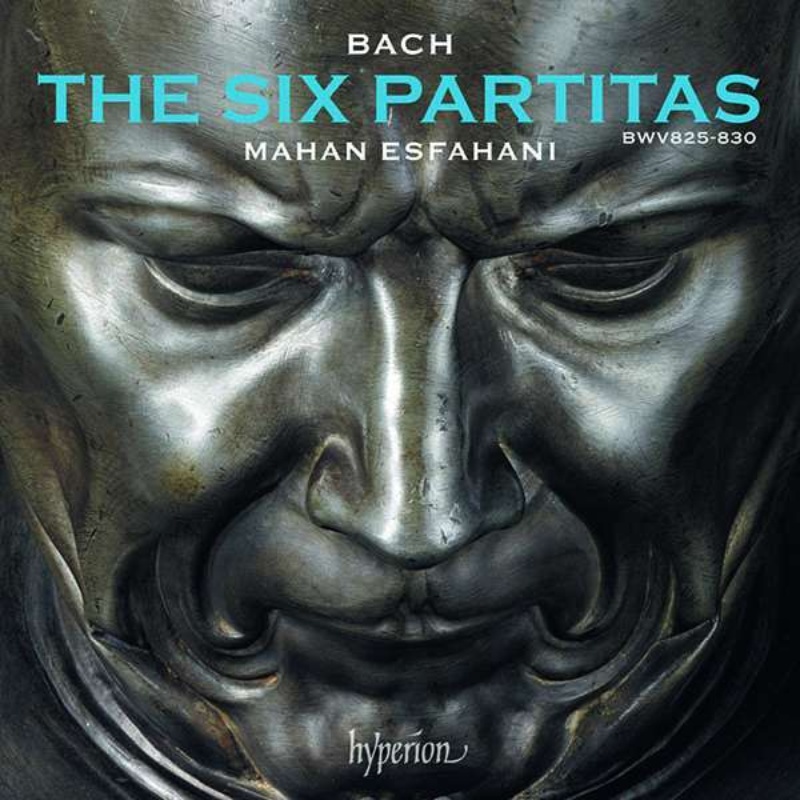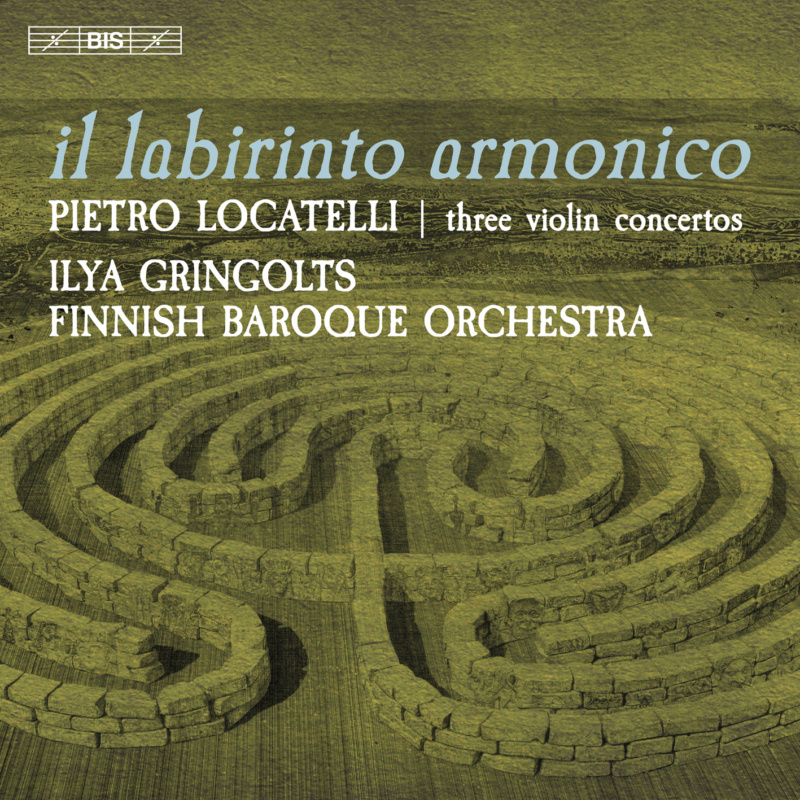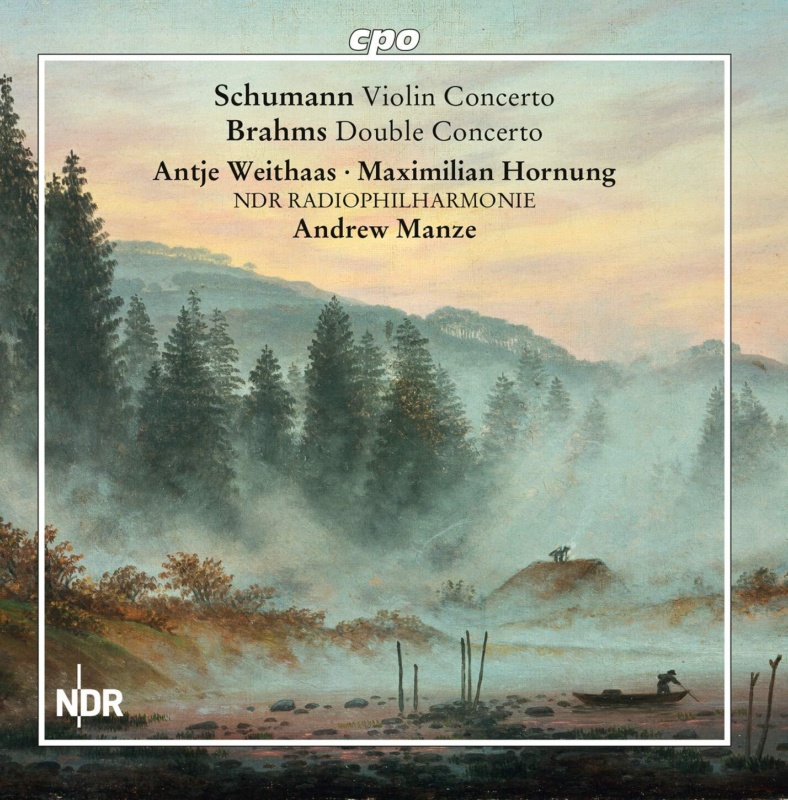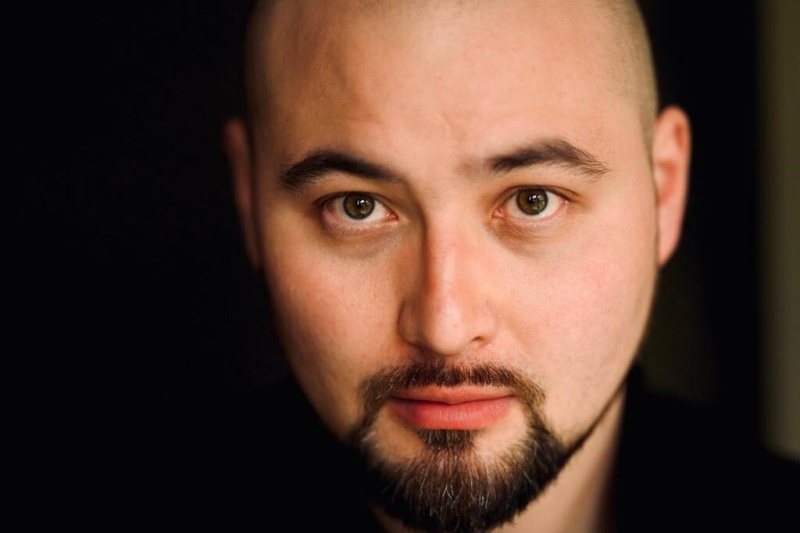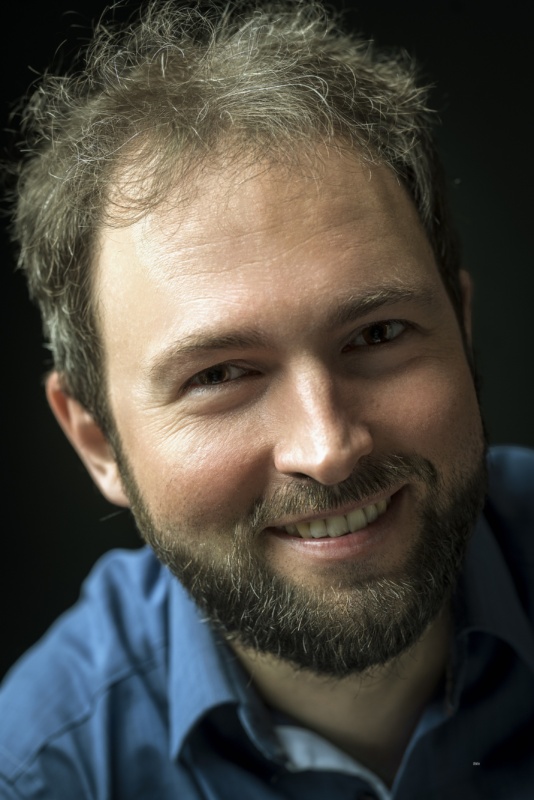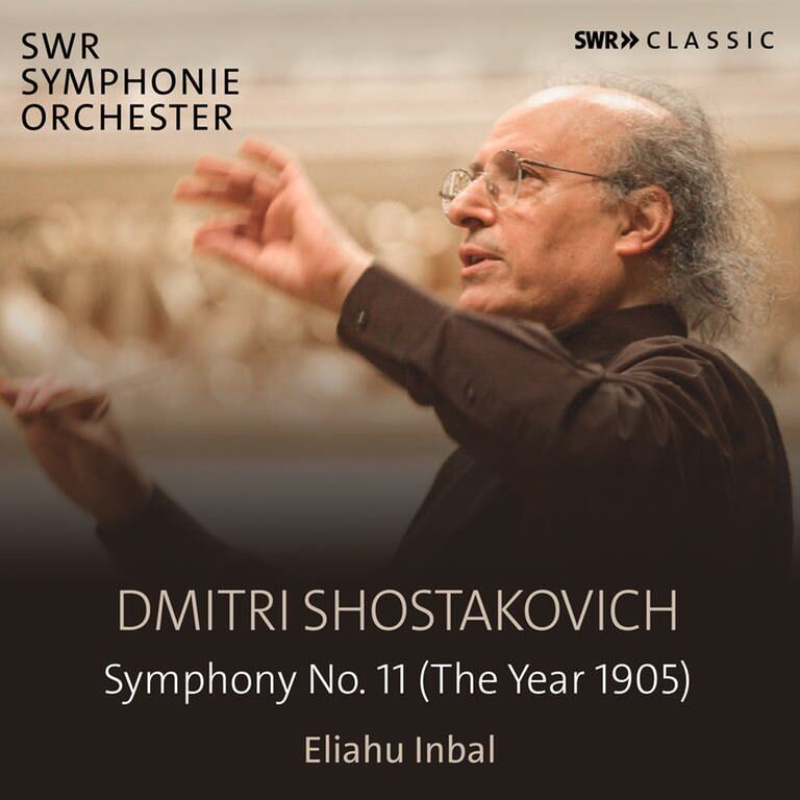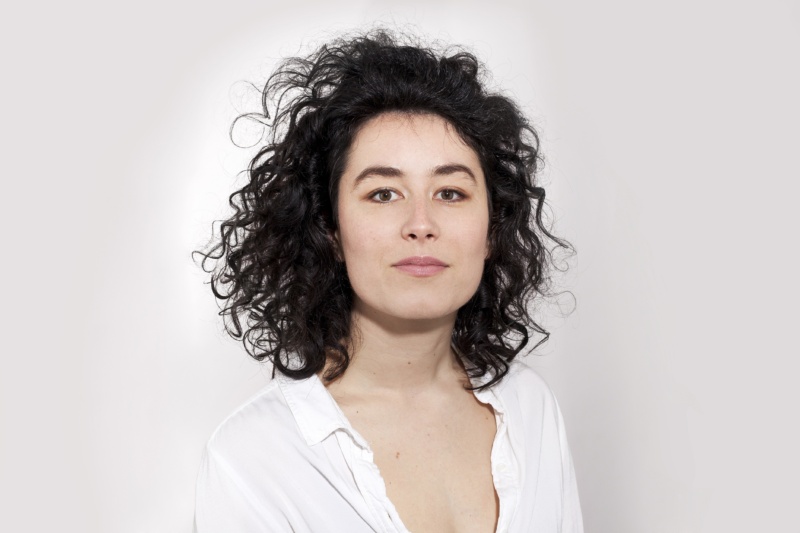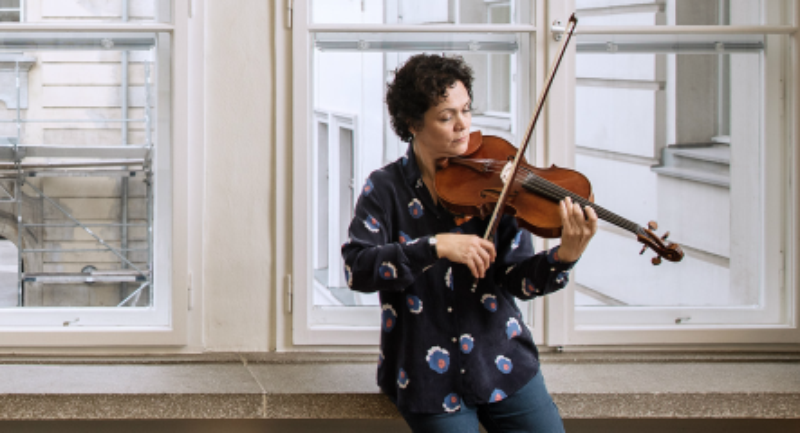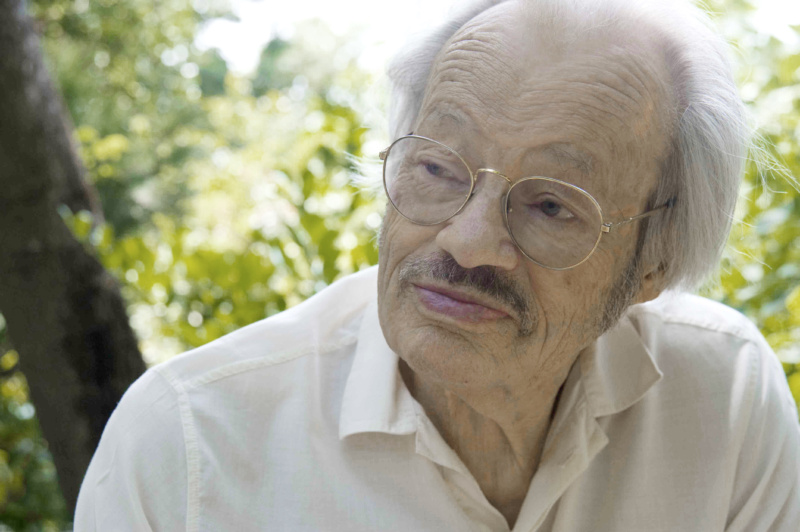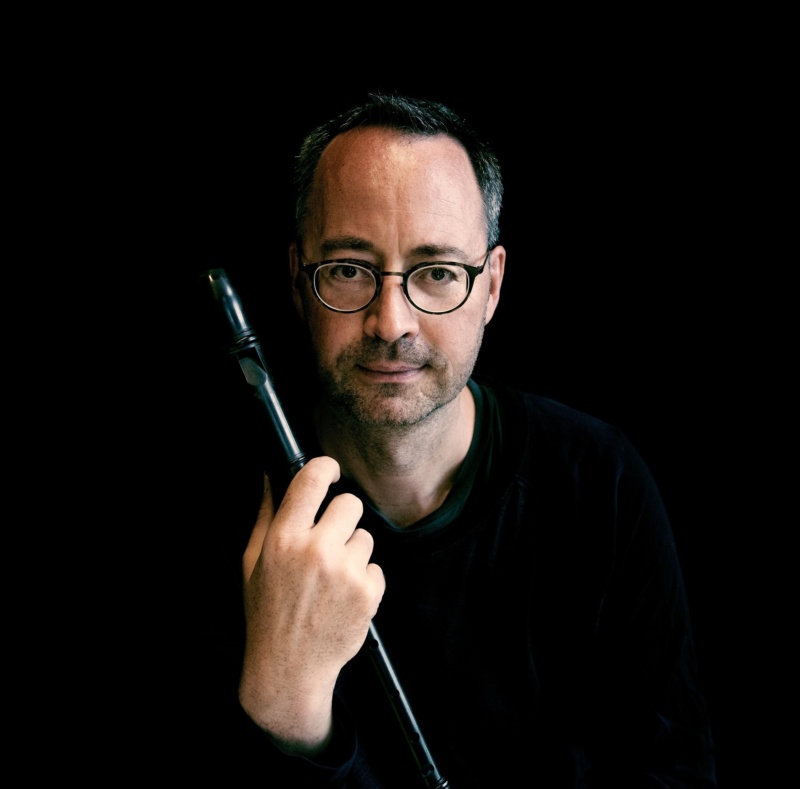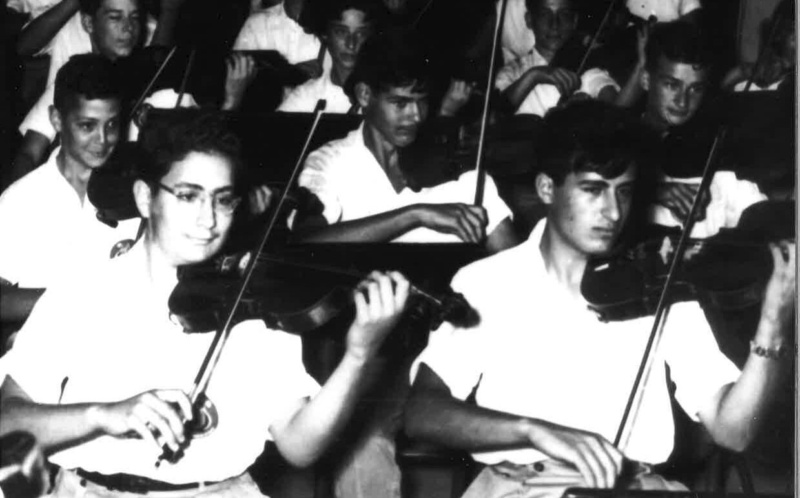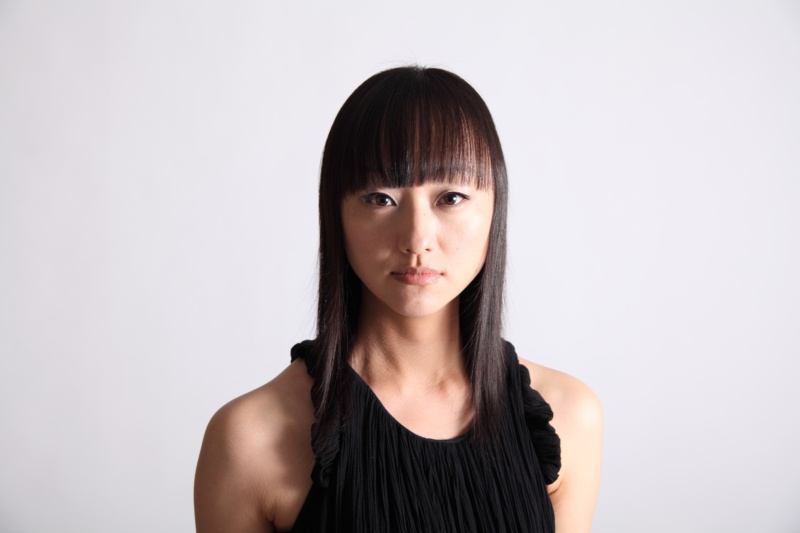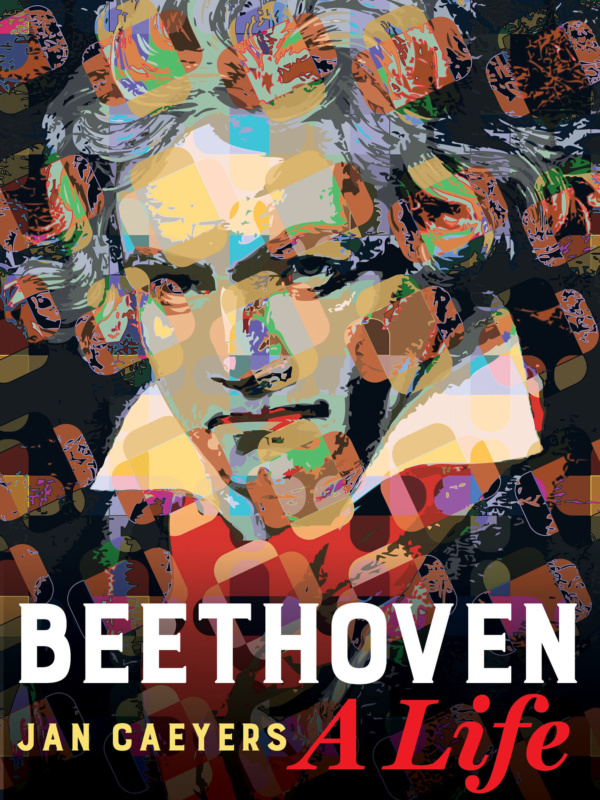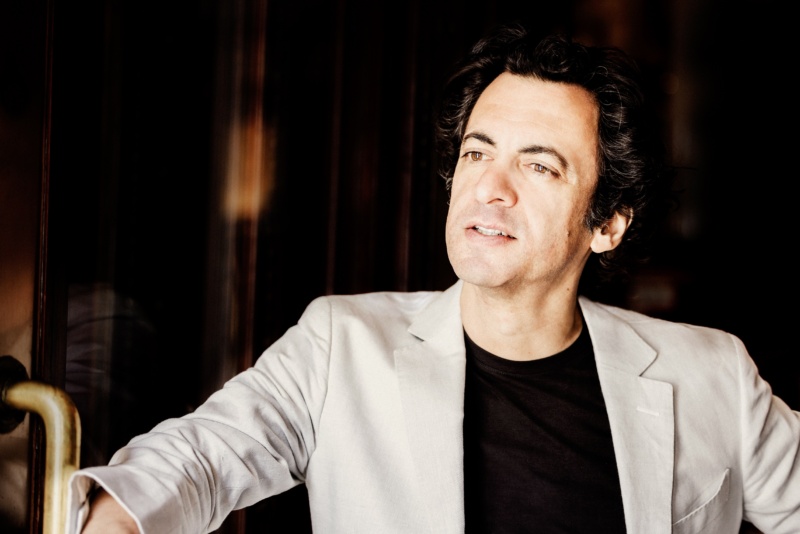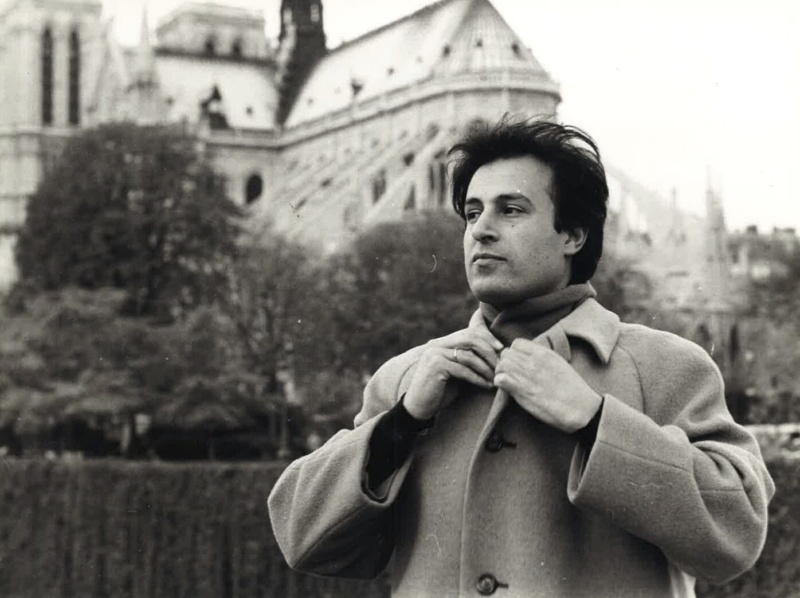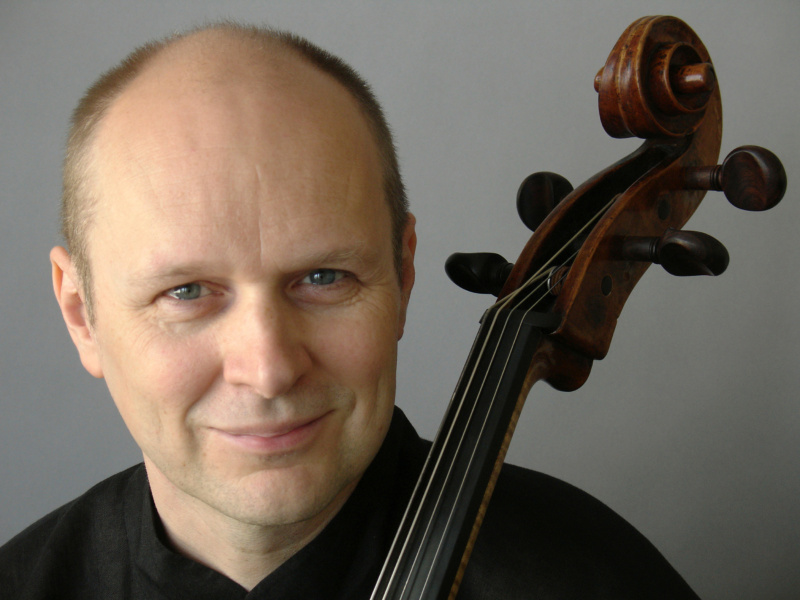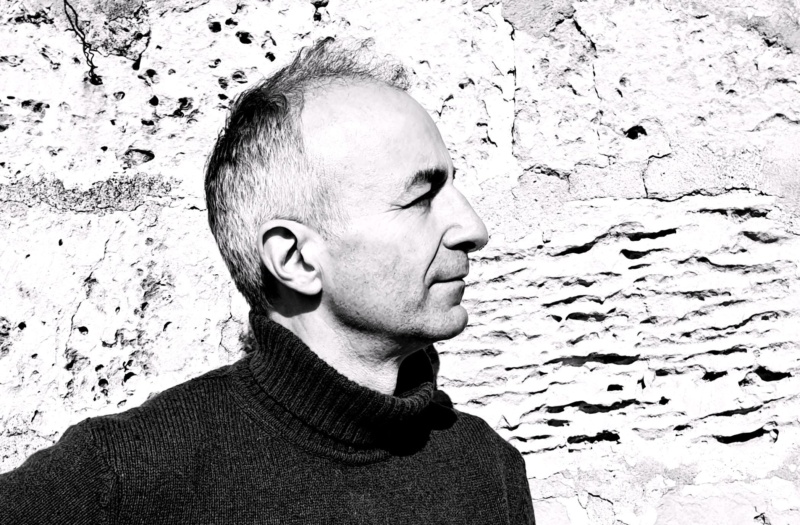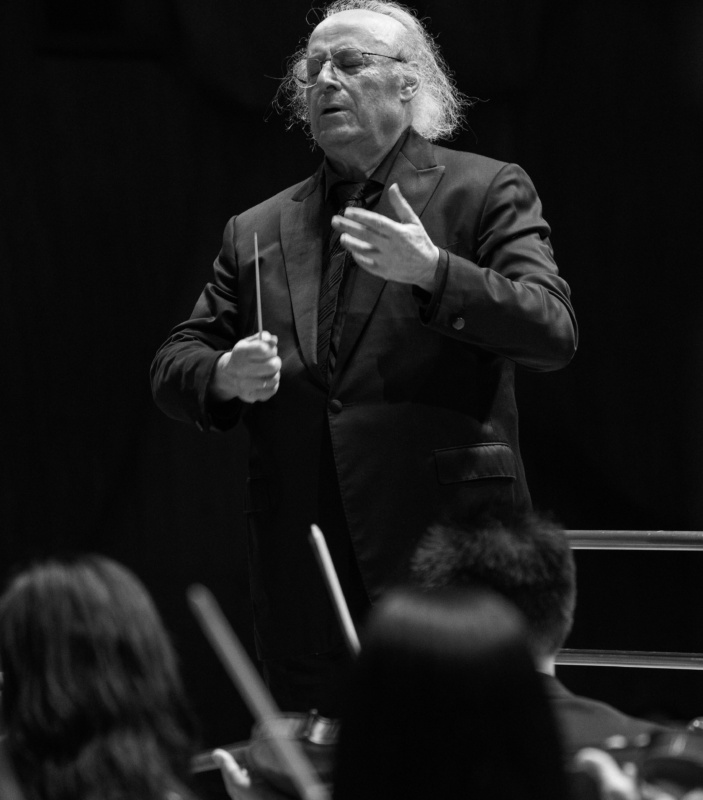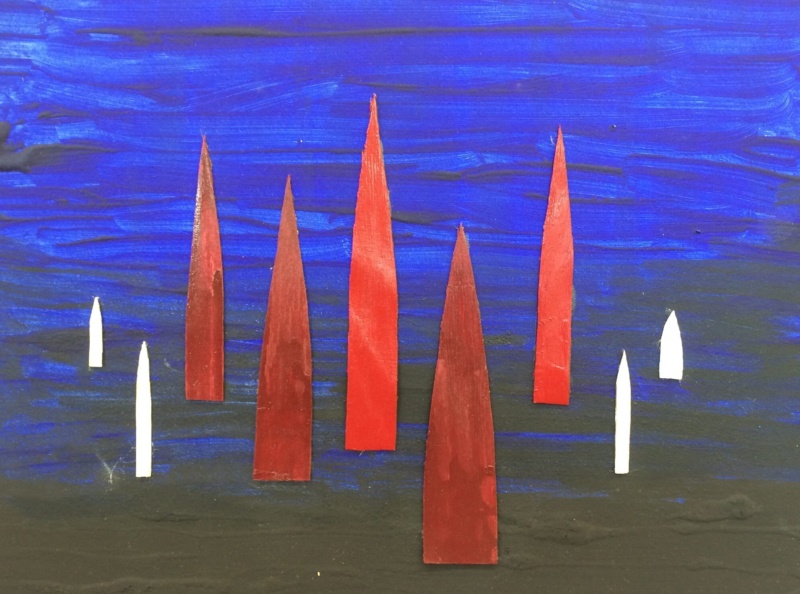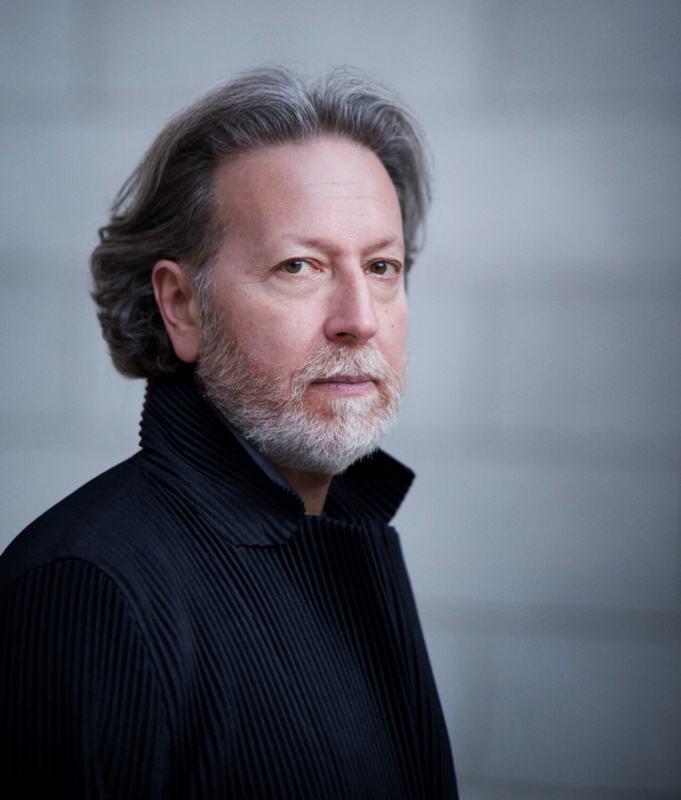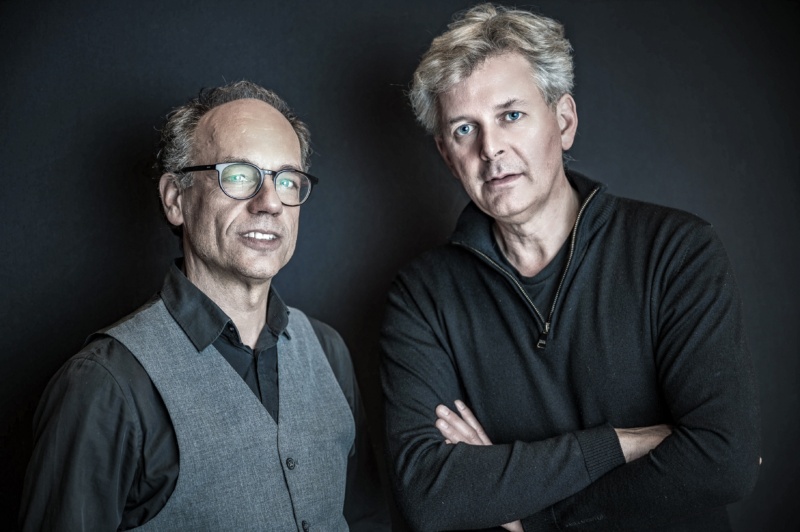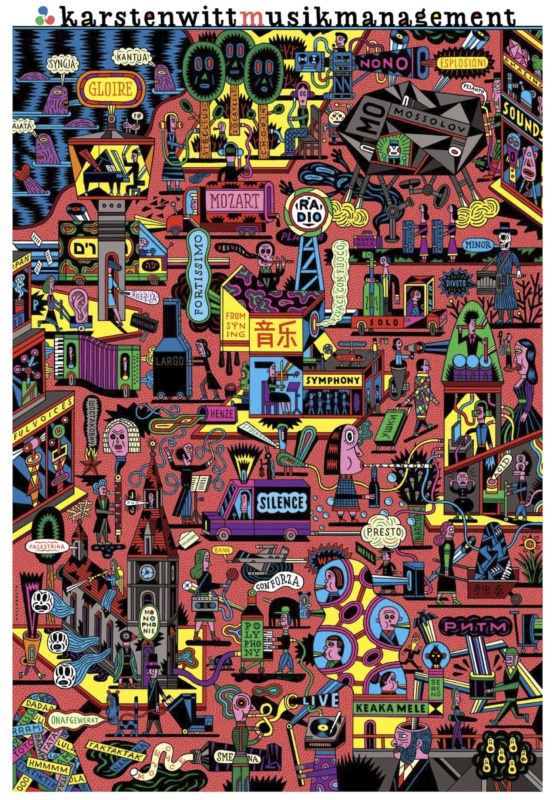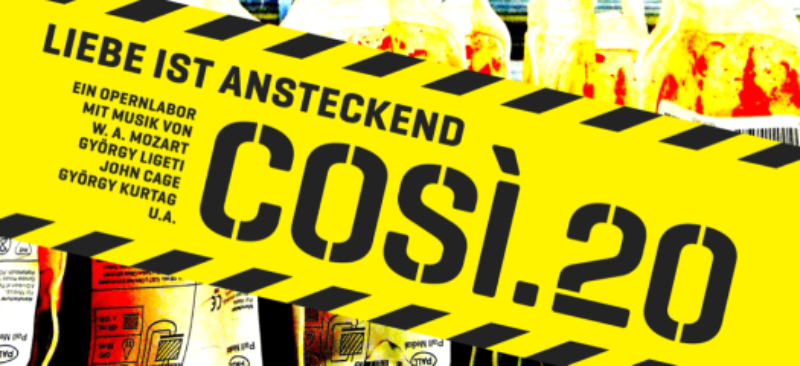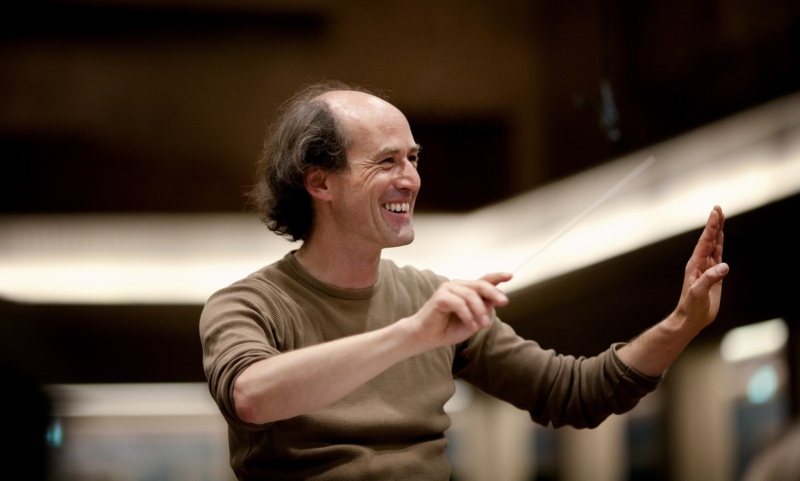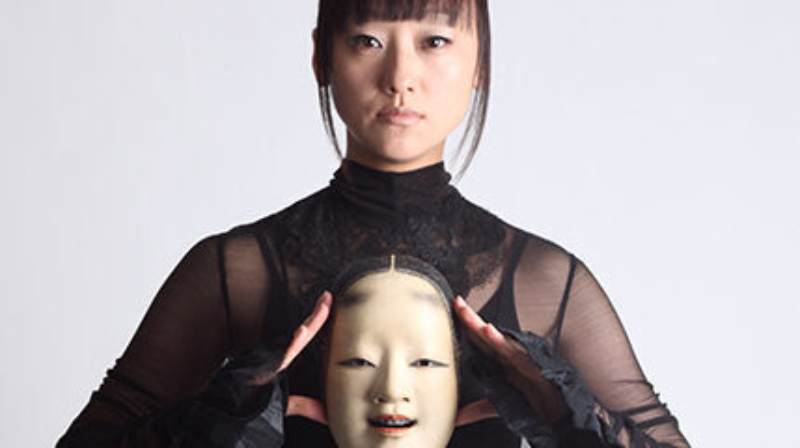The composer Mark Andre began July 2017 with an eventful week: as part of the musica viva weekend he received the biennial “Happy New Ears” prize (named after John Cage’s well-known provocation to listen with fresh ears) from the Hans und Gertrud Zender Stiftung in collaboration with the Bavarian Academy of Arts, musica viva and BR Klassik. The day before, the Arditti Quartet gave the world premiere of Miniaturen, and on the day of the prize ceremony his orchestral work woher… wohin was premiered by the Bavarian Radio Symphony Orchestra under Matthias Pintscher.
This interview is reproduced here with the kind permission of VAN Magazine, where it was published immediately before the prize ceremony.
VAN: You studied at the Paris Conservatory from 1987 to 1993, with Gérard Grisey among others. At that time, Pierre Boulez had great influence over the music scene in France. What was your experience like?
Mark Andre: I only studied with Grisey for a year, which happened more or less by chance. He talked a lot about Ligeti and Scelsi. Of course, he was strongly opposed to other… “factions,” let’s say [laughs]. It was hard not to be aware of the fight between him and Boulez. But I had a lot of respect for Boulez—I was able to work with him, much, much later. I also had a lot of respect for the Spectralists. But neither of them felt like family, I didn’t fit in with either group.
Was it hard being young and not knowing where you fit in?
Of course. But Claude Ballif, my other teacher, was fantastic for me. He made us aware of Ivan Wyschnegradsky, who was a close friend of his. Claude even had Wyschnegradsky’s piano with the two keyboards at home. He supported him, because at the end of Wyschnegradsky’s life in Paris, he became quite isolated. Unfortunately, Claude has been a little bit forgotten—that happens fast.
After graduating from the Paris Conservatory you moved to Stuttgart, Germany, to study with Helmut Lachenmann. Lachenmann speaks German in a famously complex, layered way. Were you even able to understand what he was saying at the beginning?
Well, I’m from Alsace in France. At home we spoke Alsatian, which helped. For me it actually felt like a homecoming, because of the language and the culture. I felt better in Stuttgart than in Paris. And later, my close relationship with Helmut helped me feel at home as well.
Was he very strict as a teacher?
What he cared most about was a kind of typology of observation. How and what do I observe? At what point am I authentic? Where is the potential in my work? In that sense he was extremely strict. You learned to be very reflective. That was his way of challenging you, of making you confront yourself.
What changed in your music during that time?
It went more in the direction that I wanted. Maybe, when I was in Paris, I didn’t have the willpower to follow that path by myself. For example, in Paris they were always asking us, “What is your compositional language?” I tried to give them a decent answer, but on the inside I was thinking, “I don’t have a language, in music it’s not about the language.” With Helmut it was about the way each musical situation breathed.
You changed your name from its French spelling, Marc André, to a German spelling, Mark Andre. Where did that come from?
My family is Franco-German. Our last name was originally Andress, but it was changed in 1924, when my grandparents were living in France. You know, my grandfather had two brothers who died in World War II. One was killed in Stalingrad [fighting for the Nazis], and the other died in a concentration camp with the French. But they are buried together. So we’re neither Germans nor French nor Alsatians. We have a fluctuating, shifting identity.
You were raised by your grandparents. Did that affect you in any particular way?
What definitely shaped me was the constant closeness to old, fragile people, who were often sick, who took lots of medicines and told stories from earlier times, from their childhoods. I felt the way the war created these difficult questions of identity for them. They didn’t talk much about it—in fact, it was somewhat taboo—but it still had a permanent effect on me. Also, I’m from a very religious family, particularly my grandmother; that also had a major influence on me as a child.
What was your experience of religion when you were young?
I went to Sunday School every week. And one of the lessons the nun gave was about the Holy Spirit. For many Christians that is an abstract, intangible concept. But for me it was exactly the opposite. It was almost as if I felt it, as a presence or energy. Somehow, I felt something that was blowing inside me, like wind. Wind and to blow are the same word in Hebrew.
Today’s conversations about Christianity tend to focus mainly on its political implications, such as the morality of abortion. How do you approach these issues?
Thank you for asking me that. Especially as Protestants, we’re confronted with the commandments of Moses on the one hand and the extremely complex teachings of the gospels on the other. So you have to make individual decisions.
What’s extremely important to me is the episode of Jesus and the adulterous woman. Jesus makes this incredible statement: “He that is without sin among you, let him first cast a stone at her.” And of course, nobody throws a stone. Instead, they go home and reflect. And this teaching is in itself a kind of compositional lesson as well, because reflection is a very central part of composition. That episode gets at the heart of the creative process.
The central category of my work is one of disappearance. I mean that in an intuitive sense, not a negative or melodramatic one. In the gospels, there are episodes where Jesus of Nazareth disappears as soon as he is recognized. And in my compositions things disappear in a similar way: structures, sounds, and different kinds of time.
What do you mean concretely by “disappearance”?
For example, I recently wrote a piece for [the clarinettist] Jörg Widmann. Together we developed these different multiphonics with double trills, which were very pianissimo. That meant that the sounding result was always fluctuating; the sounds were always introduced on the verge of their disappearance.
Listening to your pieces “hij I” and “hij II,” I think I hear a certain fragility—a word you used in connection with your grandparents. Is that something you hope to achieve in your music?
I do believe that fragility can create a space for intensity. In my work it’s not supposed to be a mannerism, an atmosphere, or even a dramaturgical element, though; instead, it’s the result of a series of structural, timbral, temporal, and organizational decisions. The musical situations unfold, they are there to be perceived. Everyone is capable of using their antenna to observe things in their own way. I have great admiration for musicologists, but you don’t need a doctorate in musicology to experience that.
Several years ago I heard a piece of yours with friends who had never been to a contemporary classical music concert before. And the music had quite a strong effect on them.
That’s an honour. I don’t want to be melodramatic, but when you are spoken to and touched at your innermost core—for me, that’s the result of observation at a very high level. I have a lot of respect for anyone who observes a concert with intensity.
In 2011, the Guardian wrote, in an article about your music, that it’s not particularly well known in the UK or the U.S. Do you have any idea why?
No, but I regret that.
Maybe it has something to do with the way your work is anchored in the central European tradition of new music?
You know, I was in Finland once and had an interview for the radio there. And the reporter told me, “Your music is post-War-traumatized-German-music” [laughs]. You never know what other people will observe about your work, but that surprised me.
How do you work, day to day?
I work very, very much. At least eight hours a day, or until I’m completely exhausted. Maybe it sounds melodramatic, but that’s my life. I see everything through the prism of my work, it determines everything. And that might even be dangerous, in a sense. It leaves very little time for other things.
I also work in my apartment. I need to be close to my computer, to my sketches—I need their presence. Those things breathe and live on their own, like an organism. And the danger—maybe I need that too.
